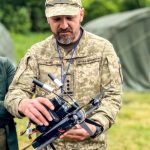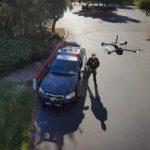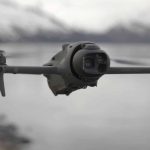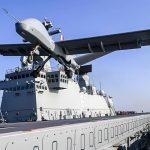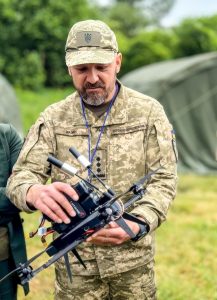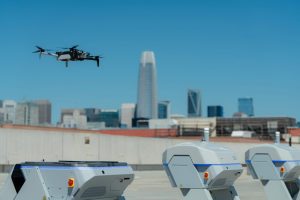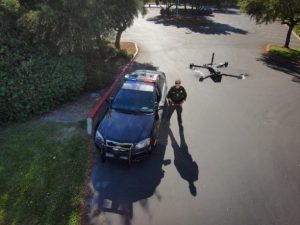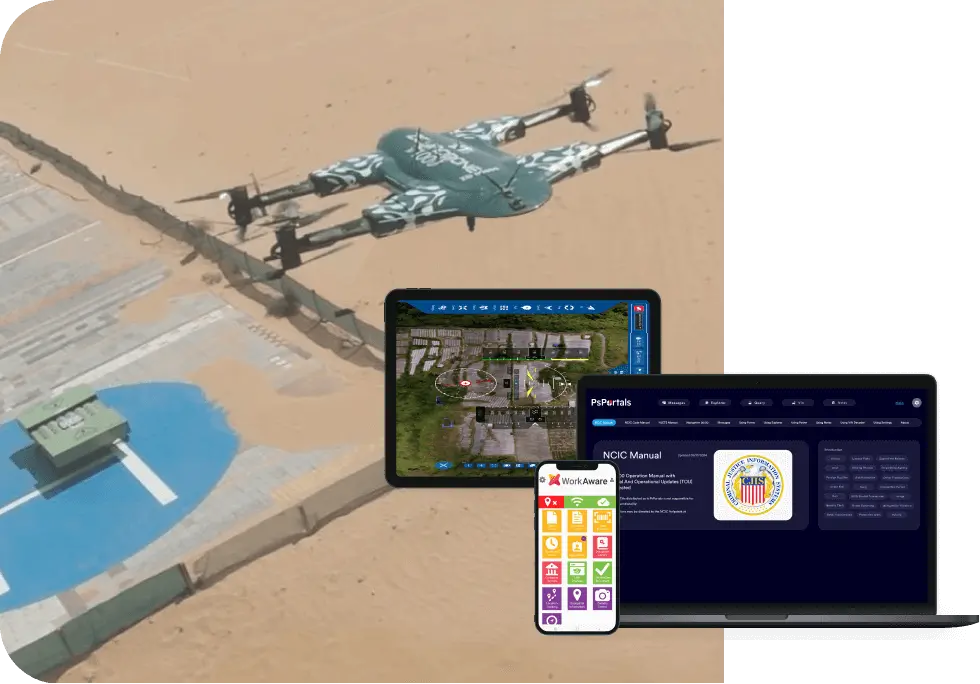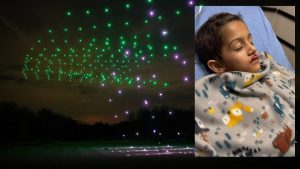ZenaTech’s Strategic Leap: Acquiring a Flight School to Unlock Complex BVLOS Missions
August 2025 marked a pivotal moment for ZenaTech, a leader in AI-driven drones and Drone as a Service (DaaS), as they revealed plans to acquire a Florida-based, FAA-certified flight school known for its advanced pilot training, including complex Beyond Visual Line of Sight (BVLOS) operations. This development represents a significant milestone not just for ZenaTech but for the drone industry as a whole, illustrating the synergy of technology, regulation, and vision in redefining what is achievable in aviation.
Why This Acquisition Matters
Consider the intricacies of building a Formula 1 team: it requires top-tier vehicles, expert drivers, engineers, and strategists — all meticulously trained for exceptional performance. ZenaTech is replicating this model in the drone sector. With its own flight school, ZenaTech can surpass standard industry training, preparing pilots for the most challenging, high-stakes operations.
Here are the standout features of this acquisition:
- FAA Part 61 Certification: The flight school can train pilots to FAA Part 61 standards, the same level required for manned aircraft pilots, broadening ZenaTech’s access to highly skilled talent for ambitious projects.
- Complex BVLOS Operations: While most drone pilots are only certified for line-of-sight operations, ZenaTech’s school equips professionals for BVLOS missions, enabling drones to operate beyond the pilot’s visual range for transformative tasks like long-range deliveries and industrial inspections.
- Strategic Positioning for Government and Defense: Many US government and military contracts require a Part 61 pilot-in-command for advanced BVLOS missions, putting ZenaTech in a prime position to secure such contracts by building this capability in-house.
The Inside Scoop: Pilot Certification and BVLOS Operations
To fully appreciate the impact, consider the regulatory environment:
- Part 107 vs. Part 61:
- Part 107 Certification: Known as the drone pilot “driver’s license” in the US, requiring only a written test and some basic knowledge—quick to obtain but limits pilot capabilities.
- Part 61 Certification: It’s comparable to a full aircraft pilot’s license involving extensive flight training and testing, enabling pilots to perform advanced tasks like entering controlled or restricted airspace and conducting complex BVLOS operations.
While many drone jobs, like real estate or mapping, only require Part 107, ZenaTech aims higher, tackling missions that demand the expertise of professional pilots.
Real-Life Impact: Use Cases Driving the Move
With this acquisition, ZenaTech can expand its reach across various sectors:
- Drone as a Service (DaaS): As companies increasingly outsource drone operations, ZenaTech’s in-house training ensures a ready pool of skilled pilots for any mission.
- Defense and Homeland Security: Military operations often require rapid, large-scale drone deployments. Guaranteeing a Part 61 pilot is crucial for securing key contracts.
- Commercial Heavy Lifting: BVLOS-certified pilots are essential for emerging fields like drone cargo and medical delivery. ZenaTech has already tested its ZenaDrone 1000 with US military branches, reinforcing its industry credibility.
- Border and Environmental Operations: Whether for border control or post-disaster assessment, BVLOS drones operated by qualified pilots provide vital intelligence.
Addressing Market and Regulatory Trends
Drone regulations are evolving, with BVLOS missions gaining legal acceptance despite stringent scrutiny. By investing in high-level training, ZenaTech is aligning with top regulatory standards, ensuring its place in the future even as rules shift.
Key trends include:
- Demand for Advanced Credentialing: As drone missions grow more complex, skills akin to those of traditional aviation become more essential.
- Shifting Industry Norms: The gig economy of drone pilots is shifting towards organizations that prioritize specialized training and safety.
- Technological Arms Race: ZenaTech isn’t just developing flying robots but integrating solutions by pairing smart drones with highly trained operators and regulatory compliance.
What’s Next: Business Risks and Opportunities
While ZenaTech gains flexibility, challenges arise:
- Integration and Training Costs: Building in-house expertise demands time and capital, necessitating ongoing, quality training.
- Financial Terms and Impact: Investors will look for strategic and financial returns from this acquisition.
- Regulatory Uncertainty: As the FAA updates BVLOS regulations, new obstacles and opportunities will emerge.
Expert Tips: How Other Companies and Enthusiasts Can Learn from ZenaTech
- Invest in the Human Element: Training skilled pilots is crucial for complex missions—it’s an investment, not a cost.
- Embrace Regulation, Don’t Fight It: Aligning with the highest standards can unlock opportunities.
- Stay Agile and Diversified: Evolution is key as new opportunities arise.
- Tell Your Story: ZenaTech’s strategic acquisition sets it apart as a leader in professional drone operations.
A Human Touch: Stories Behind the Strategy
According to CEO Shaun Passley, the acquisition is aimed at training new pilots for its Drone as a Service business, enabling command centers with qualified pilots for commercial and major US government and military contracts. By internally cultivating talent and embracing a tech-driven approach, ZenaTech sets itself apart much like industry giants such as SpaceX and Tesla.
In summary, ZenaTech’s acquisition of a certified flight school is a masterstroke in preparing for the future of drone operations. This move reinforces trust with partners and clients, solidifying ZenaTech’s role as a leader in quality, safety, and expertise in the industry.
